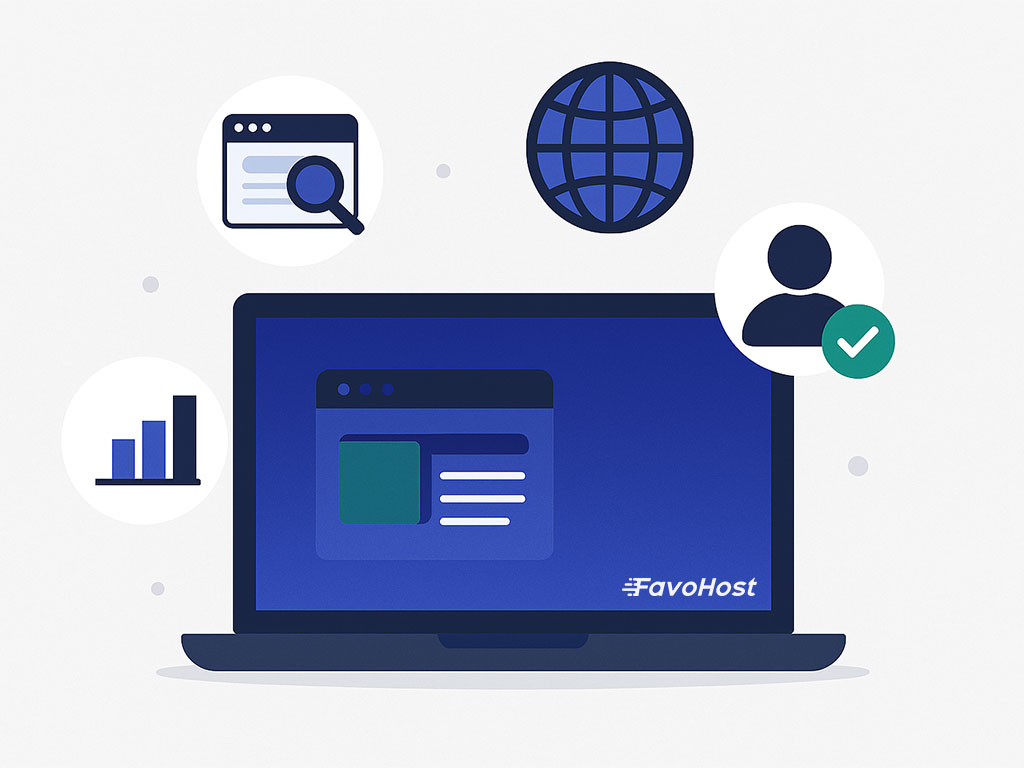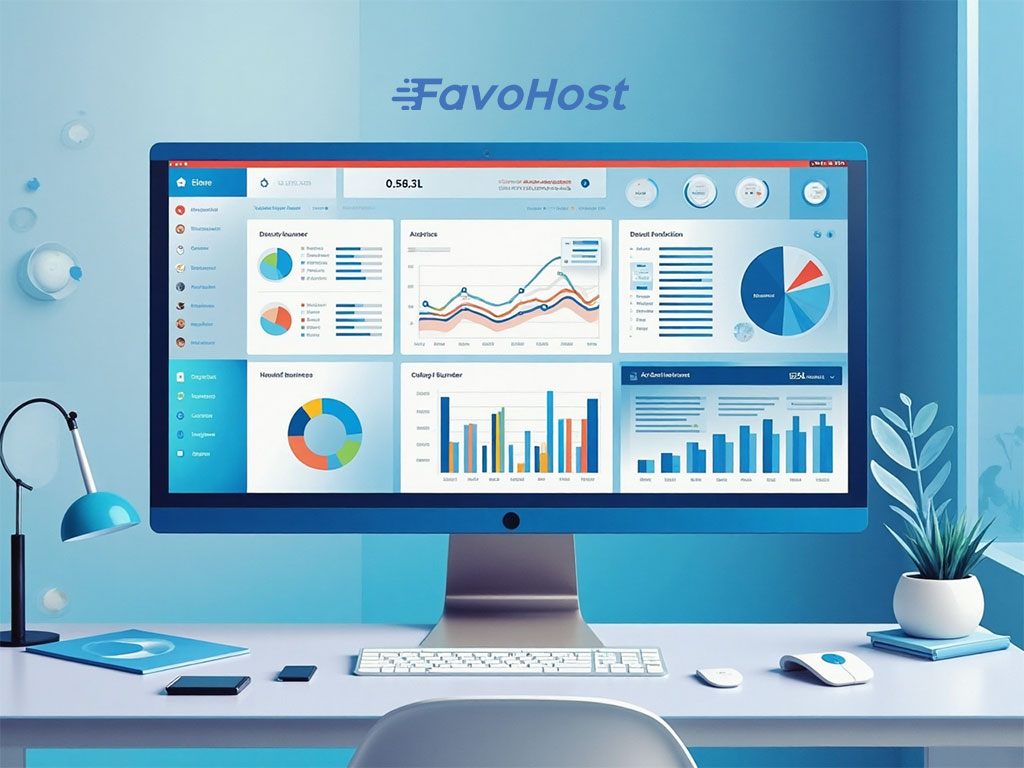Introduction
In today’s digital era, understanding the importance of a website for your business is crucial. Having a business website is no longer a luxury – it’s a necessity. Customers live online, searching for products and services at all hours. If your business isn’t visible on the internet, it practically doesn’t exist to a huge segment of your market. A website serves as your company’s virtual storefront and information hub, open 24/7 to anyone in the world. Surprisingly, a significant number of small businesses still operate without a site, often underestimating the impact this has. In fact, studies show that over 80% of consumers research a business online before making a purchase decision, meaning you could be invisible to the majority of your potential customers. Below, we explore the key reasons why having a website is vitally important for your business and how it can propel your success.
15 Reasons Your Business Needs One15 Reasons Your Business Needs a website
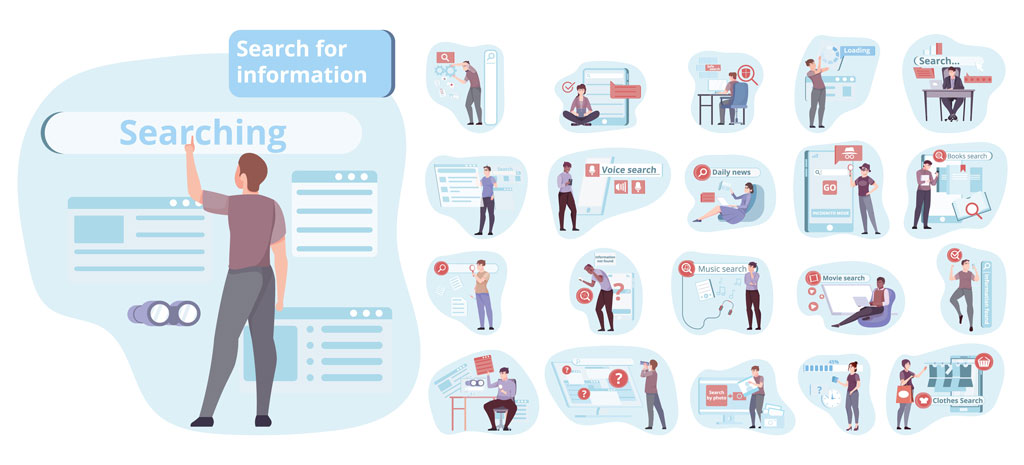
1. Enhanced Online Presence and Discoverability
One of the most compelling reasons to have a website is to ensure your business can be easily found online. In an age where nearly everyone turns to Google or other search engines to find what they need, appearing in search results is crucial. A website acts as the foundation of your online presence – it’s the primary way search engines know your business exists. With a well-optimized website (through basic Search Engine Optimization or SEO techniques), you increase the chances of your business showing up when people search for relevant keywords. This means if someone searches for a product or service you offer, your website can lead them straight to you. Without a site, you’re relying solely on word-of-mouth or third-party listings, and that’s simply not enough in our connected world. By being discoverable online, you tap into a constant stream of potential customers actively looking for businesses like yours.

2. 24/7 Accessibility for Customers
Unlike a physical store with fixed business hours, a website never sleeps. It provides 24/7 accessibility, allowing customers to learn about your products or services at their convenience – be it 2 PM or 2 AM. Many people browse in the evenings or on weekends when your office might be closed. With a website, your business information, product details, and even sales can continue operating round the clock. This constant availability means you can serve customers even outside of normal working hours, answering their questions through FAQs or chatbots, collecting inquiries via contact forms, or even processing online orders automatically. Essentially, your website becomes a tireless employee that keeps your business “open” and welcoming whenever customers come knocking. In a world of instant gratification, if you’re not available when customers want you, they may move on to a competitor. A 24/7 online presence ensures you never miss opportunities just because the “Closed” sign is up.

3. Reach a Wider Audience (Local & Global)
A website breaks the geographical barriers for your business. With a physical storefront, you’re mostly limited to customers in your city or neighborhood. Online, there are no such limits – you can attract visitors from the next town over or even across the globe. By having a website, a local boutique can gain orders from other states, or a small consultancy can get inquiries from international clients. Even if your business is focused on the local community, a website helps you reach people within your region who might not stumble upon your physical location. Many consumers use “near me” searches (like “plumber near me”) – if you have a website with your address and services listed, you’re far more likely to show up in those local search results and map listings. Moreover, today’s consumers might hear about a business and immediately look it up online for more information; if you aren’t there, they could lose interest. Simply put, a website expands your reach beyond the traditional boundaries, connecting you with a broader audience of potential customers that you couldn’t reach otherwise.
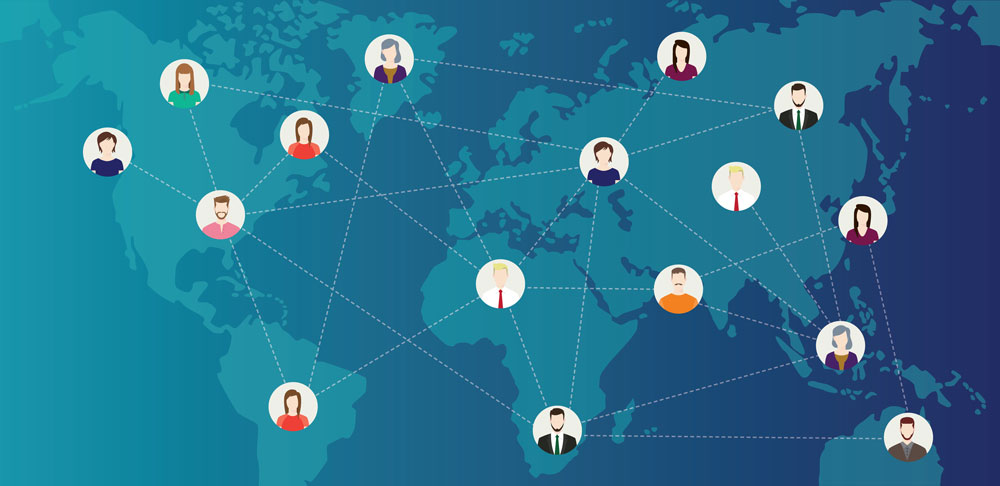
4. Build Credibility and Trust
In the eyes of consumers, a business with a website is inherently more credible than one without. Think about it – when you search for a business and can’t find any website or legitimate online presence, you might question if that business is real, established, or trustworthy. A professional-looking website instantly provides some assurance that your business is genuine. It’s an opportunity to showcase your credentials: you can display customer testimonials, list any awards or certifications, and show off real photos of your business, team, or products. All these elements help build trust with visitors. In fact, many people judge a company’s credibility by its website. A well-organized site with its own domain (like yourbusiness.com instead of a generic social media page) signals that you’ve invested in your business and you’re not a fly-by-night operation. On your site, you can also provide clear contact information, which is vital for trust – customers feel more comfortable when they know they can reach you easily. Overall, a website acts as a digital trust badge, lending legitimacy and professionalism to your brand in ways that are hard to achieve otherwise.

5. Professional Brand Image and First Impressions
Your website often forms the very first impression people have of your business. A sleek, modern site with your branding, colors, and logo helps create a professional image that sticks in visitors’ minds. It’s similar to having a well-decorated store or a professional business card – it shows that you take your business seriously. Conversely, not having a website (or having an outdated, poorly designed one) can make your business appear behind the times or less competent. Studies have found that up to 94% of first impressions are design-related, meaning if someone finds your site unattractive or hard to use, they’ll likely form a negative opinion of your company within seconds. You rarely get a second chance at a first impression. By investing in a clean, user-friendly web design, you immediately convey quality and credibility. Visitors are more likely to stay on a site that looks professional, which gives them confidence in your services. In essence, a well-crafted website elevates your brand’s image, making your small business look as polished and capable as any larger competitor.

6. Showcase Products, Services, and Testimonials
A website is the perfect platform to showcase what your business offers. You have complete freedom to present your products and services in the best light – through high-quality photos, detailed descriptions, and even demo videos. Unlike a simple listing or a social media blurb, a website allows you to dedicate entire pages to your offerings, where you can explain benefits, features, and prices comprehensively. This helps educate potential customers about why they should choose you. Moreover, your site can include a portfolio of past projects or a gallery of work, which is especially useful for businesses in creative, construction, or service industries. Additionally, you can highlight testimonials and reviews from happy customers. Positive feedback right on your site serves as social proof – it shows new visitors that real people have used your business and had a great experience. By displaying testimonials or case studies, you build trust and let your satisfied customers convince others for you. All of this rich content, presented neatly on your website, can significantly influence a visitor’s decision to become a customer, because you’re giving them both information and reassurance about your business’s value.
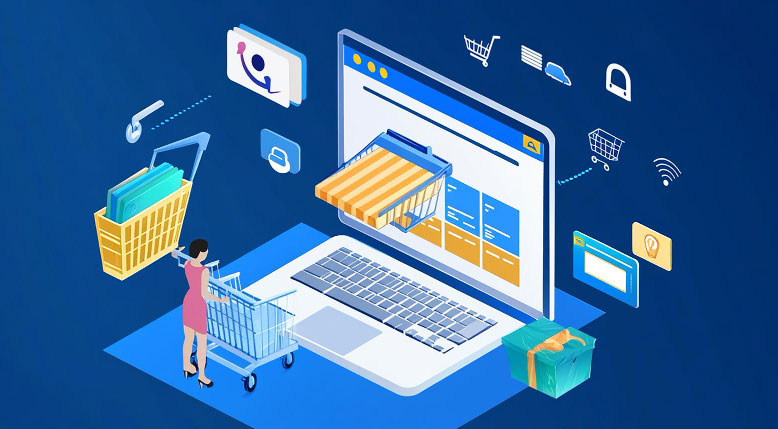
7. Customer Convenience and Better Service
Today’s consumers value convenience. A website makes interacting with your business easier and more convenient for them. Imagine a customer wants to know your store hours, find your address, or get answers to a quick question – if this information is readily available on your site, they’ll appreciate the hassle-free experience. Providing essential information online (like hours, location maps, menus for a restaurant, or specifications for a product) saves customers from having to call or visit in person just to get details. This not only saves them time, but it also saves you and your staff time. Furthermore, a website can offer features that improve customer service: contact forms allow visitors to send inquiries or requests instantly without picking up the phone. Some sites integrate live chat or chatbots to answer common questions on the spot. You can also maintain a FAQ page addressing common queries, which empowers customers to get answers immediately. By catering to customers’ need for quick information and responses, you enhance their overall experience with your business. A satisfied visitor who easily found what they needed is more likely to convert to a paying customer. In short, your website acts as a self-service customer support tool that boosts satisfaction and frees up your resources at the same time.

8. Powerful Marketing Tool (SEO & Content)
Your website isn’t just a static brochure – it can be a dynamic marketing powerhouse. Through techniques like Search Engine Optimization (SEO) and content marketing, your site can actively draw in new customers. By creating valuable content (such as blog posts, how-to guides, or industry news) and optimizing it with keywords related to your business, you improve your search rankings and attract visitors who are interested in what you offer. For example, a local bakery might blog about cake decorating tips – someone searching for that might find the blog, enjoy it, and then discover the bakery’s services. In this way, your website becomes a magnet for traffic. Additionally, you can integrate your website with social media and email marketing. Every time you have an update or promotion, it can be published on your site and then shared across platforms, driving people back to your site where they can learn more or make purchases. Unlike many traditional forms of advertising, content on your website can continue to attract visitors long after it’s published – a helpful article could keep bringing in traffic for years. Moreover, online marketing through your website is highly measurable. You can see which campaigns or content are working through analytics, and adjust your strategy accordingly. In summary, having a website allows you to harness modern marketing strategies (SEO, blogging, social sharing) that are cost-effective and far-reaching, helping you continuously grow your audience.

9. Cost-Effective Advertising Channel
For small businesses, budget is always a concern. The good news is that a website offers one of the most cost-effective means of advertising your business. Consider the costs of traditional advertising: printing flyers or brochures, mailing campaigns, billboard rentals, or local newspaper ads – these can be quite expensive and often have a limited reach or a short lifespan. In contrast, your website is a relatively low-cost investment that can continually promote your business. Once your site is up, the ongoing costs (such as domain registration and hosting) are modest, especially when compared to the potential reach. You can showcase new promotions, list special offers, or announce events on your website at virtually no extra cost, reaching anyone who visits. Additionally, digital advertising like Google Ads or Facebook Ads can be directed to your website, and you can set small budgets for those and scale as needed. This way, even with a modest budget, your online ad can bring in targeted customers who click through to your site to learn more or buy. Unlike a one-off print ad, content on your website (like a blog post or product page) can keep working to inform and persuade customers indefinitely. Overall, a website gives you a marketing and advertising platform that delivers better ROI (return on investment) over time, ensuring every dollar you spend works harder to bring in business.

10. Lead Generation and Increased Sales
A website can be a direct source of leads, inquiries, and sales, acting as a digital salesperson for your business. By strategically placing calls-to-action (CTAs) on your site – such as “Request a Quote”, “Book a Consultation”, or “Buy Now” buttons – you gently guide visitors towards becoming customers. For service-based businesses, a simple contact or quote request form on the website can capture potential client details at any time, so you can follow up and convert them into sales. For retail or e-commerce businesses, an online store means you can sell products directly through your site, opening a new revenue stream beyond your physical location. Even if you don’t sell online, you might allow customers to schedule appointments or reserve items via your website. All these features remove friction from the buying process and make it easy for customers to act when their interest is high. Importantly, a website enables you to capture information about interested visitors – for example, by encouraging them to sign up for a newsletter or download a free resource in exchange for their email. Those emails are valuable leads you can nurture over time with marketing. Many businesses find that their website steadily becomes a primary source of new customers thanks to these lead generation features. By not having a site, you’re essentially leaving money on the table, as interested prospects have no convenient way to engage or signal interest. In summary, a good website doesn’t just sit there; it actively helps to drive sales and generate new business in a way that’s scalable and efficient.

11. Gain Competitive Advantage
No matter your industry, there’s a high chance that some (if not most) of your competitors already have a website. To remain competitive, you need to meet or surpass the standard of presence they’ve set. If a potential customer is comparing businesses and one has a rich, informative website while another has no online presence, the choice often tilts toward the one with a website. Simply put, having a website is about keeping up with customer expectations and industry norms. If your competitors are online and you’re not, you’re giving them a clear advantage. On the flip side, if many of your local competitors don’t have websites yet, launching yours quickly puts you a step ahead. You become the go-to source of information among your peers, and that can win you business by default. Moreover, with smart SEO and content, you could even outrank larger competitors in search results, punching above your weight class. A website allows a small business to look and act like an industry leader. It’s also a platform where you can differentiate yourself – through your branding, your content tone, and unique features (like a helpful blog or customer portal) that others might not offer. In essence, a website levels the playing field and can even tilt it in your favor. In an environment where customers routinely compare options online, not having a website is like handing your rivals the win before the game even starts.

12. Valuable Analytics and Insights
One of the hidden gems of having a website is the wealth of data it can provide. With tools like Google Analytics (which can be set up for free), you can gather detailed information on how people find and use your site. These analytics and user insights are incredibly valuable for understanding your customers and improving your business. For instance, you can learn which products or pages attract the most interest, how long visitors stay on your site, and what kind of content engages them the most. You can also see demographic information about your online audience or which geographic areas provide most of your traffic. This data takes a lot of the guesswork out of business decisions. If you notice a particular service page is getting a lot of visits, you might decide to focus more marketing effort on that service, or if a page has a high “bounce rate” (people leaving quickly), you know it needs improvement. Additionally, knowing the keywords people use to find you can inform what services or products are in demand. Beyond marketing, these insights help tailor your offerings – you might discover unexpected interest in a product, suggesting an opportunity to expand that line. In short, a website doesn’t just promote your business, it also feeds you continuous feedback. This data-driven approach enables you to refine your marketing strategies and even your business operations to better meet customer needs, which can lead to higher satisfaction and growth.
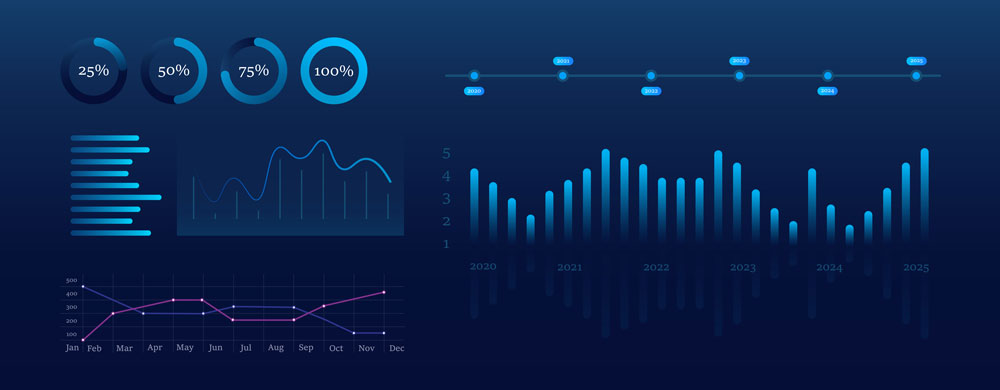
13. Scalability and Adaptability for Growth
Businesses evolve, and one major advantage of a website is how easily it can evolve with you. Scalability is built into a well-designed website – you can start small with a few pages and basic information, and over time, expand it into a larger, more feature-rich site as your business grows. Launching a new product line? You can add a new section or page to highlight it. Changing your branding or introducing online booking? Your website can be updated to reflect those changes quickly. This adaptability means your online presence always aligns with your current business strategy and offerings. Additionally, a website allows you to experiment and pivot more easily. You can test out new marketing messages, display seasonal promotions, or even pilot an e-commerce feature to see how customers respond – all without the overhead of physical changes or big announcements. If something isn’t working, you can modify or remove it with relative ease. As technology and consumer behaviors change, your website can also integrate new functionalities (for example, adding a chatbot for support, or integrating a new payment system for convenience). This future-proofing is crucial. Businesses that rely only on static methods (like printed materials or no web presence at all) struggle to adapt quickly. In contrast, with a website you have a flexible platform ready to grow and change with your business. Opportunities for growth – whether expanding to new markets or offering new services – are much easier to seize when your website can quickly accommodate those developments.

14. Ownership and Control of Your Content
Some business owners question if having a website is necessary when they can just use social media or online marketplaces. While those platforms are useful, they don’t give you full control. A website, on the other hand, is your domain – literally and figuratively. You decide the design, the content, and the user experience. You aren’t constrained by someone else’s layout or rules about what you can post. This control allows you to shape the narrative about your brand. You can tell your story in depth on an “About Us” page, establish your expertise through blog articles, and craft the exact messaging that reflects your values and value proposition. Furthermore, owning a website protects you from unexpected changes in other platforms. For example, if a social media site changes its algorithm or policies, you might suddenly find it harder for customers to see your posts. We’ve seen cases where businesses built a huge following on a platform only for the platform to make a change that reduces their reach overnight. With a website, you own the customer experience from start to finish. It’s a centralized hub for all your online channels – you can link your social media accounts, but ultimately drive people to your site where the most complete and authoritative information lives. Also, content on your website will remain as long as you want it to; it won’t get buried in a feed. Think of your website as an asset you fully own, versus a social media page which is on rented space. This ownership gives you stability, consistency, and the freedom to present your business exactly as you envision.

15. No Technical Barriers – It’s Easy and Affordable Now
A decade or two ago, building a website required considerable technical knowledge and a substantial budget. Many small businesses understandably felt intimidated or priced out. But that landscape has changed completely. Today, it’s easier and cheaper than ever to get a website up and running. User-friendly website builders and content management systems (like WordPress, Wix, or Squarespace) allow you to create a professional site without writing a single line of code. There are countless templates and drag-and-drop tools to simplify the process. On the cost side, domain names and web hosting are very affordable – often costing just a few dollars a month. In fact, for less than the price of a daily cup of coffee, you can maintain a website that potentially brings in many new customers. Considering the return on investment, it’s a no-brainer. Many businesses recoup the cost of their website with just a single new client or a handful of sales generated online. Additionally, if you truly don’t want to build it yourself, there are freelancers and services that can do it for a reasonable fee. The key point is that the historical barriers of high cost or technical complexity have been removed. Not having a website today is usually not due to impossibility, but simply not realizing how feasible it is. With such low barriers, the question shifts from “Why should I have a website?” to “Why wouldn’t I have one?”
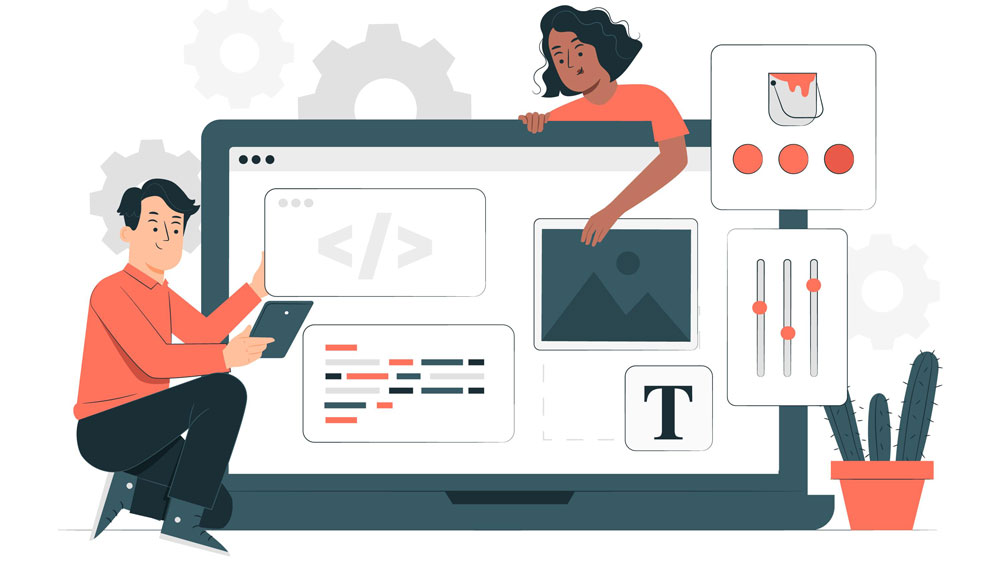
Addressing Common Misconceptions
Even with all these benefits, some business owners hesitate due to a few common misconceptions. Let’s address two of the big ones that might be holding you back:
“I Already Have Social Media Profiles, So I Don’t Need a Website.”
It’s great that you’re on social media – platforms like Facebook, Instagram, or LinkedIn can indeed connect you with customers. However, relying solely on social media is not enough. Social profiles complement a website but shouldn’t replace it. Why? First, not everyone uses every social platform. A potential customer might search on Google for your services and not think to check Facebook, for instance. If they can’t find your website, you might as well not exist to them. Second, as mentioned earlier, you have limited control over social media environments. Your content is surrounded by distractions (ads, other posts) and you’re at the mercy of algorithm changes that might drastically cut your reach. A website, conversely, is a focused environment free from those distractions – when a customer is on your site, they’re only engaging with your content and offerings. Moreover, a website allows you to present information in a structured way. You can have multiple pages organized logically (home, about, services, contact, etc.), which is more user-friendly for someone who wants to learn about your business thoroughly. Social media pages usually display posts chronologically, which can make it hard for customers to find what they need. Lastly, having a dedicated website shows an extra level of professionalism. Social media is a bit like renting a booth in a marketplace, whereas a website is like owning your own store. Both are good, but owning your store gives a stronger impression of stability. In short, use social media to drive engagement and traffic, but use a website to seal the deal with information and credibility.
“Building a Website is Too Expensive or Difficult for Me.”
This is a very common concern – the fear that you need thousands of dollars or technical coding skills to have your own website. Thankfully, this is largely a myth today. As we discussed in Reason 15, the cost of entry for a website is now remarkably low. There are inexpensive (even free) website builder plans and very affordable hosting options. For a basic yet effective business website, you don’t need a massive budget. Think of it this way: if you can allocate even a small portion of what you might spend on other marketing (flyers, local ads, etc.), you can likely get a decent site up and running. As for difficulty, modern website builders are designed for ordinary users with no programming background. If you know how to fill out a form online or use a Word processor, you have enough skills to create a simple website using these tools. They provide templates where you just plug in your text and images. And if you truly don’t have the time, hiring a web designer is an investment that often pays for itself with the new business a website brings in. It’s also worth noting that maintaining a website has become easier – updates and edits can be done with a few clicks, and you don’t have to constantly overhaul it. In essence, cost and complexity should no longer be stopping you. Thousands of solo entrepreneurs and small shops have launched websites on shoestring budgets. With the resources available now, getting a website is within reach for virtually any business, and the sooner you do it, the sooner you’ll start reaping the rewards.
Conclusion
In summary, a website is one of the most powerful assets your business can have in the modern world. It amplifies your visibility, builds your credibility, and opens up new avenues for marketing, customer service, and sales that simply aren’t possible through offline means alone. Each reason we’ve explored – from establishing trust to engaging customers to outshining competitors – underscores the central theme: consumers expect legitimate businesses to have an online presence. When you provide that through a well-crafted website, you meet customers’ expectations and often exceed them, leading to greater trust and more business. On the flip side, not having a website means missed opportunities – customers you never meet, inquiries that never get made, and a general perception that could be limiting your growth. The importance of a website isn’t theoretical; it shows up in real, tangible benefits like increased foot traffic due to people finding you on Google, higher sales from online orders, or fewer repetitive phone calls because your site answered common questions. In an environment where every advantage matters, a website is simply too critical a tool to overlook. It’s the foundation of your digital strategy and, by extension, a key pillar of your overall business success. Taking that step to launch a site is an investment in your business’s future, one that continues to pay dividends year after year.
